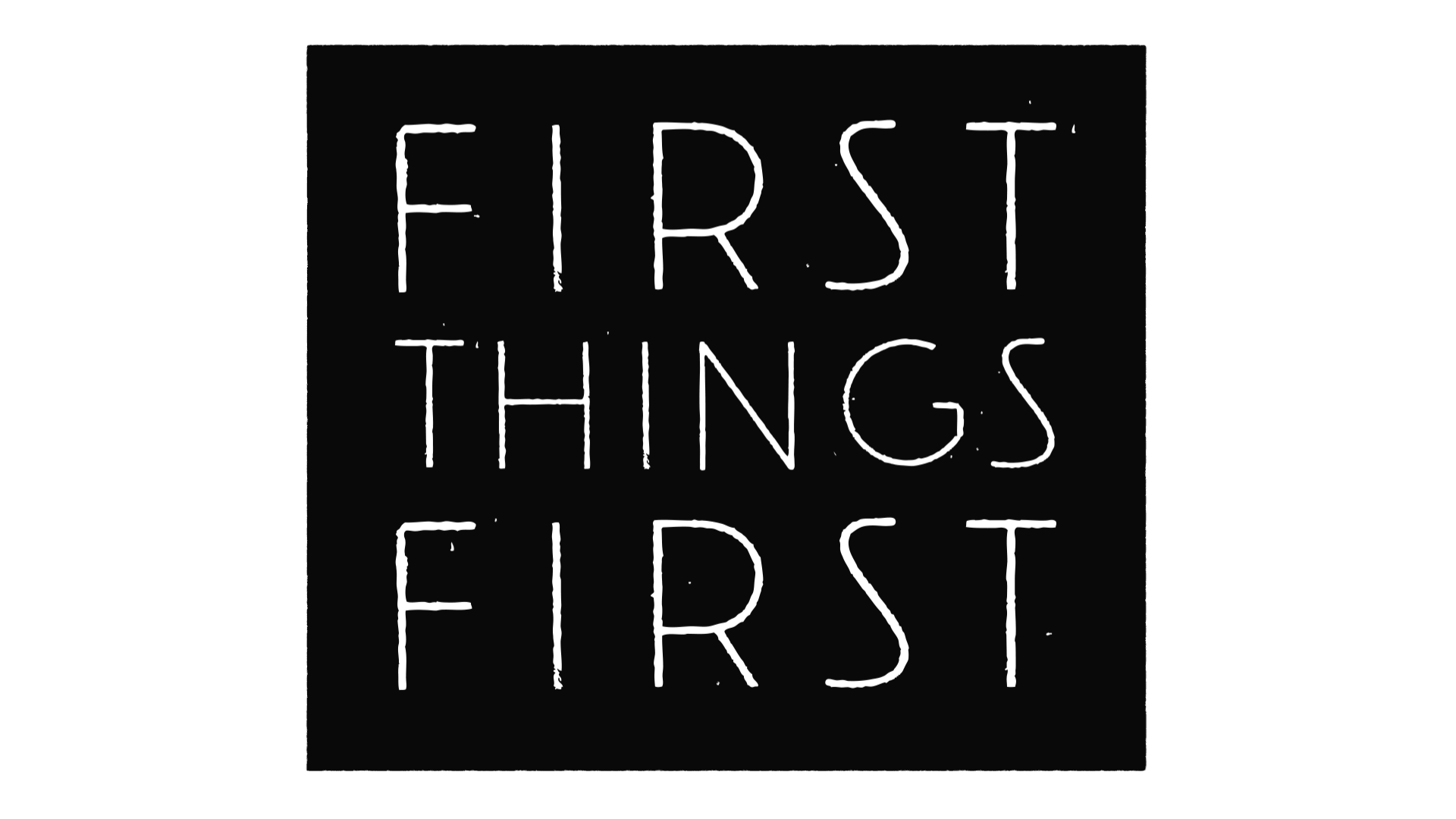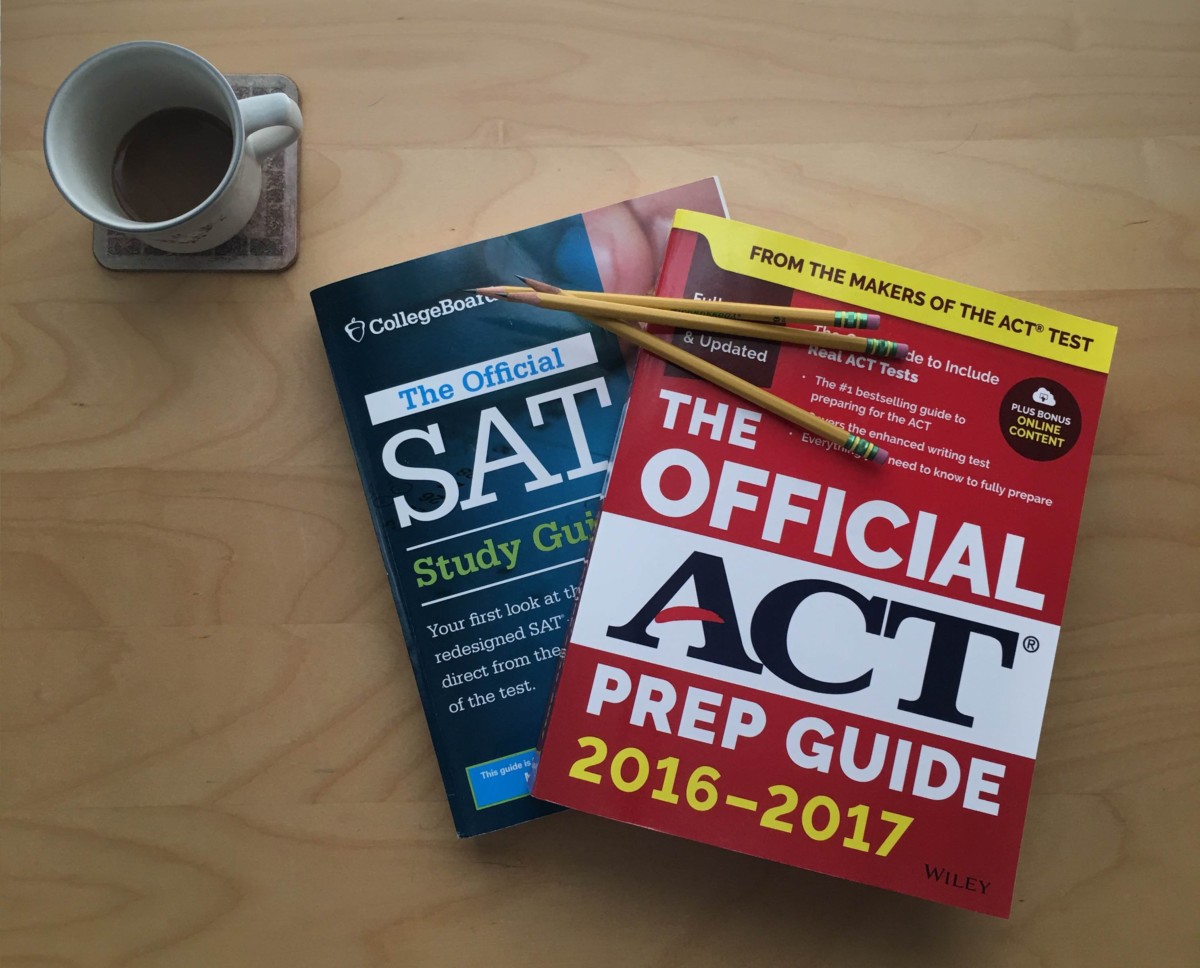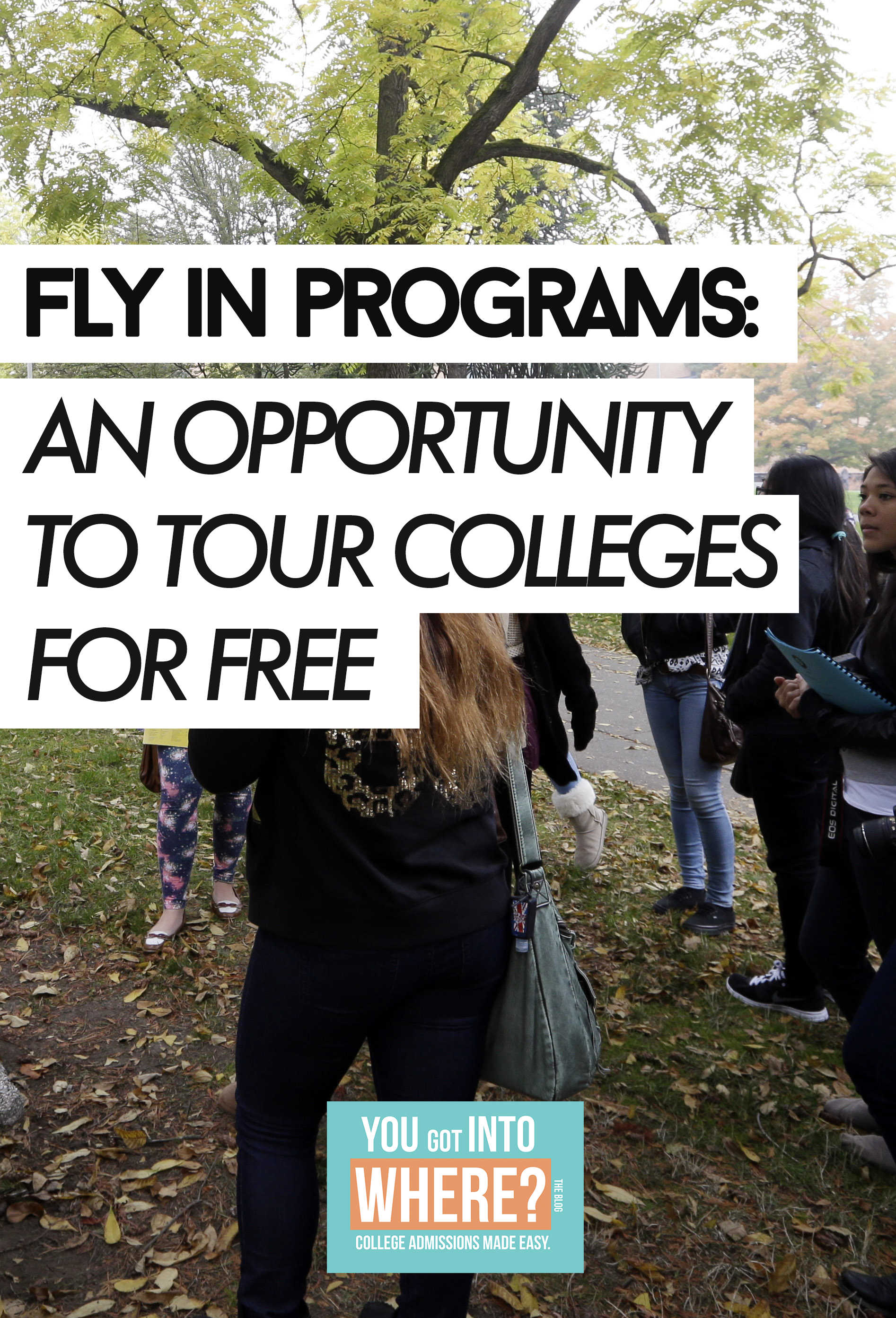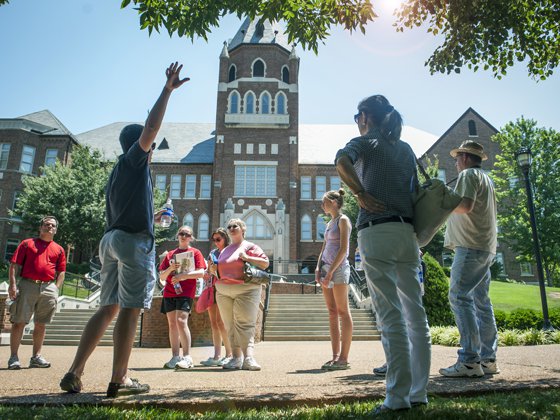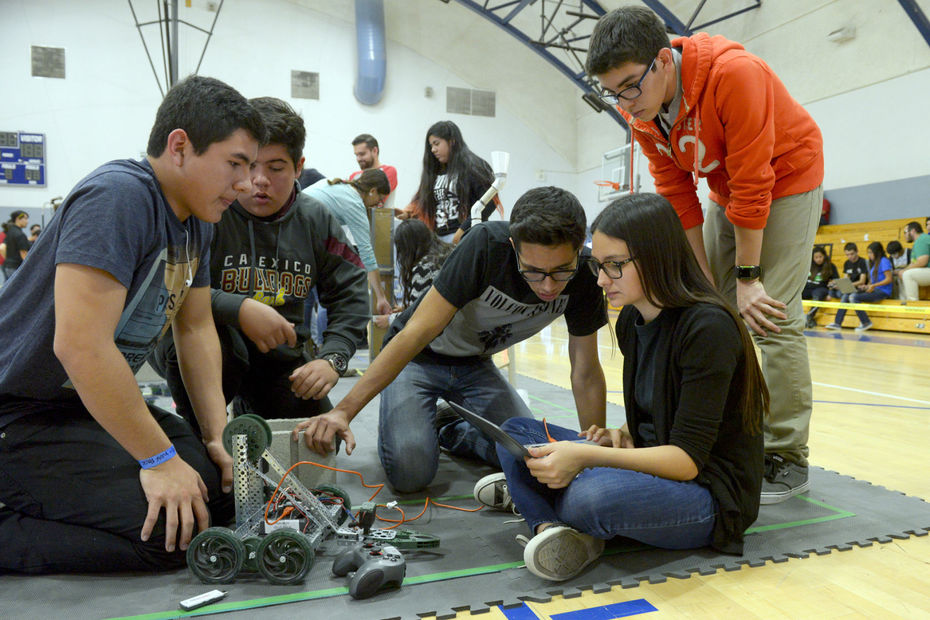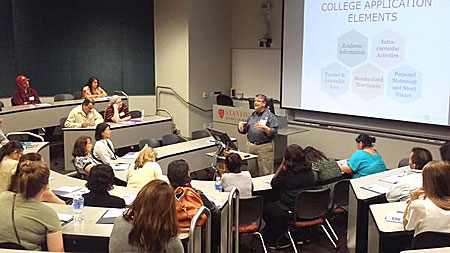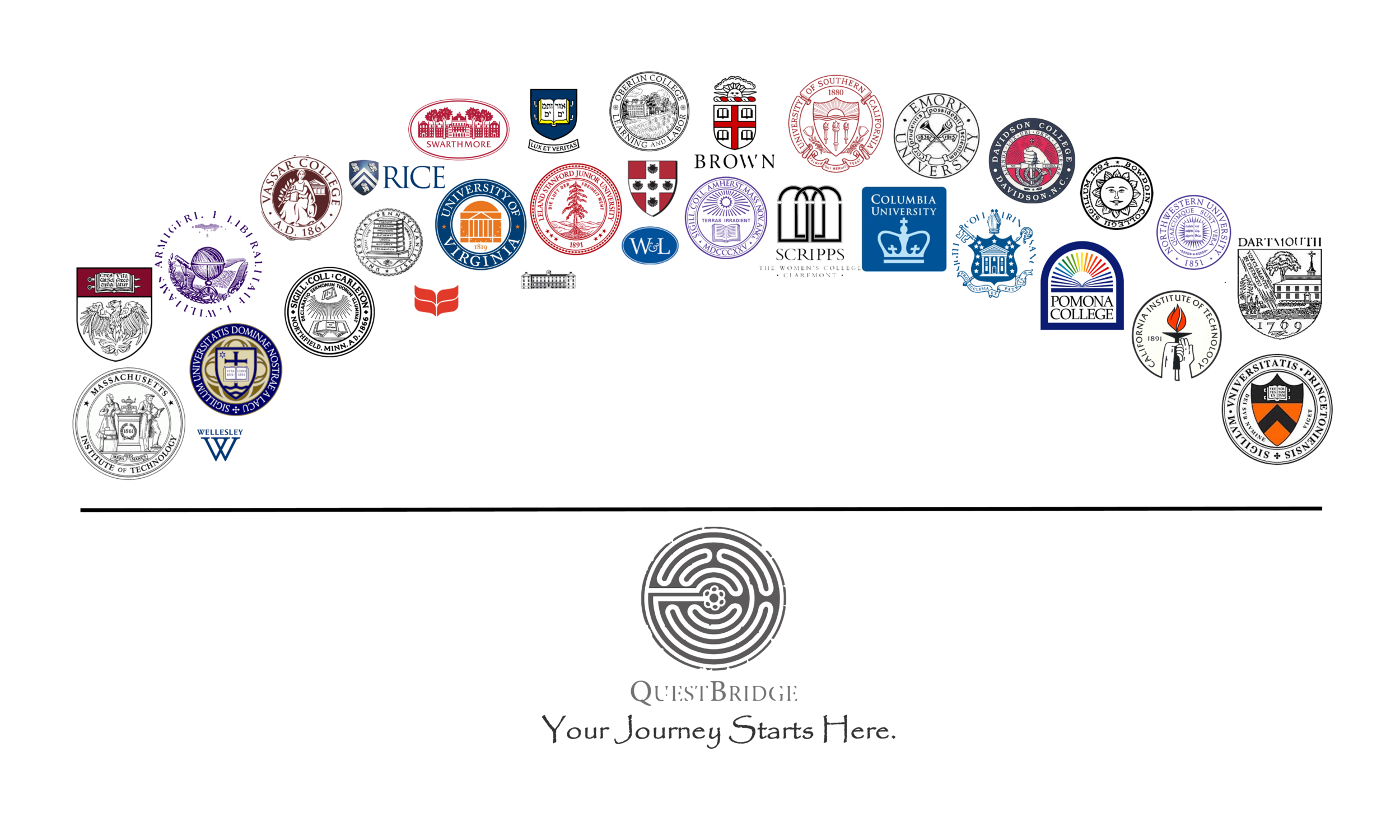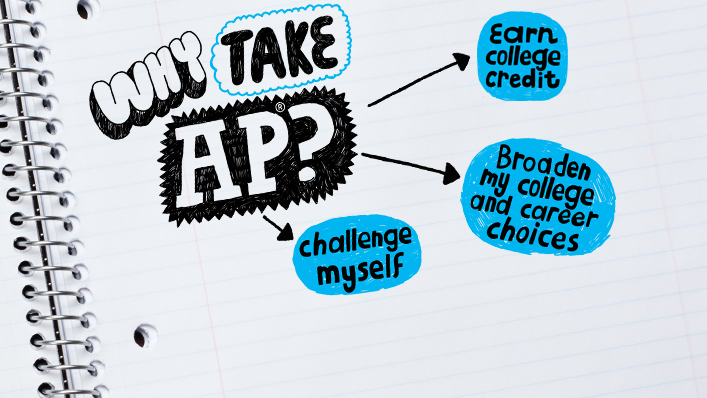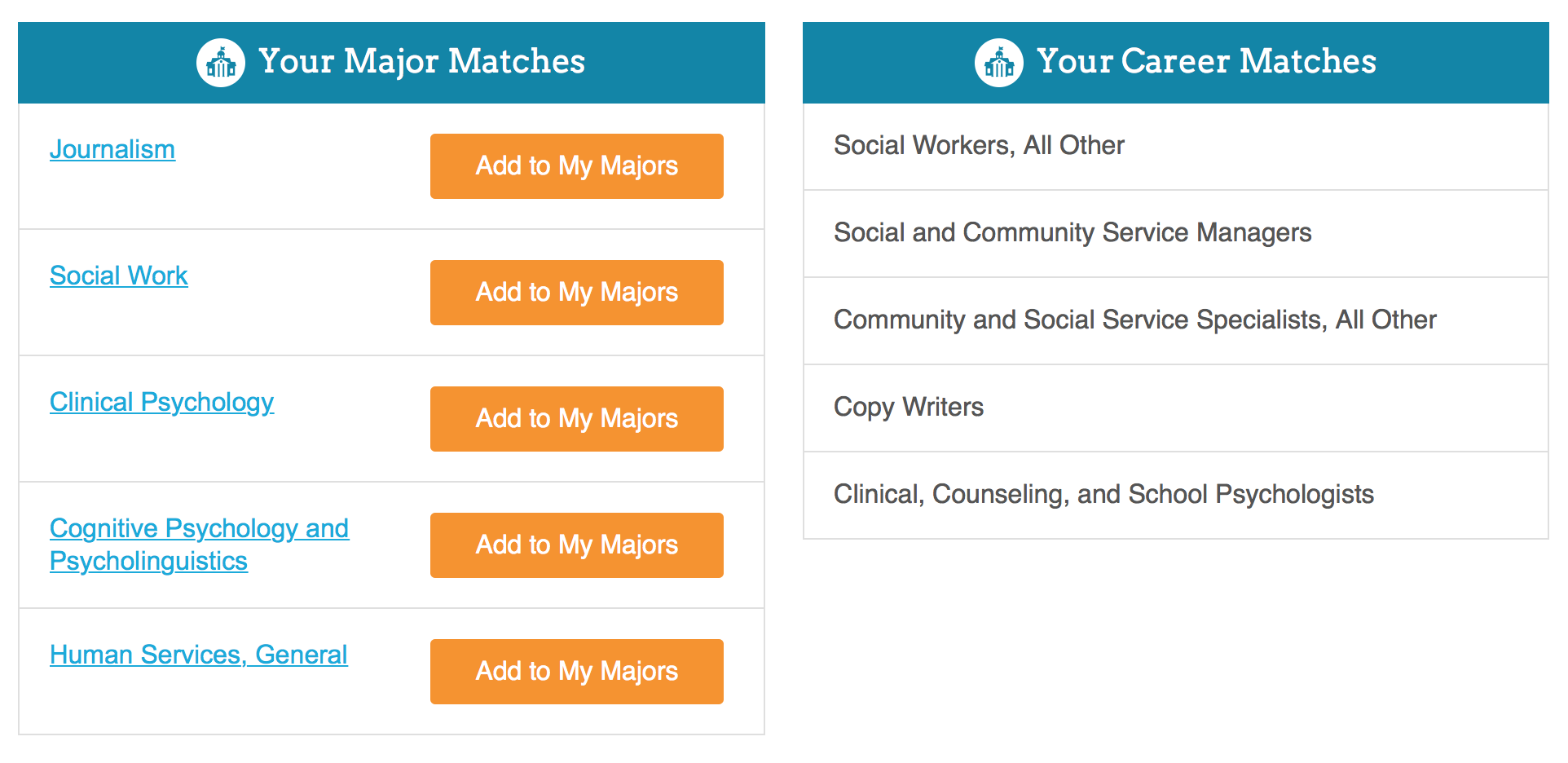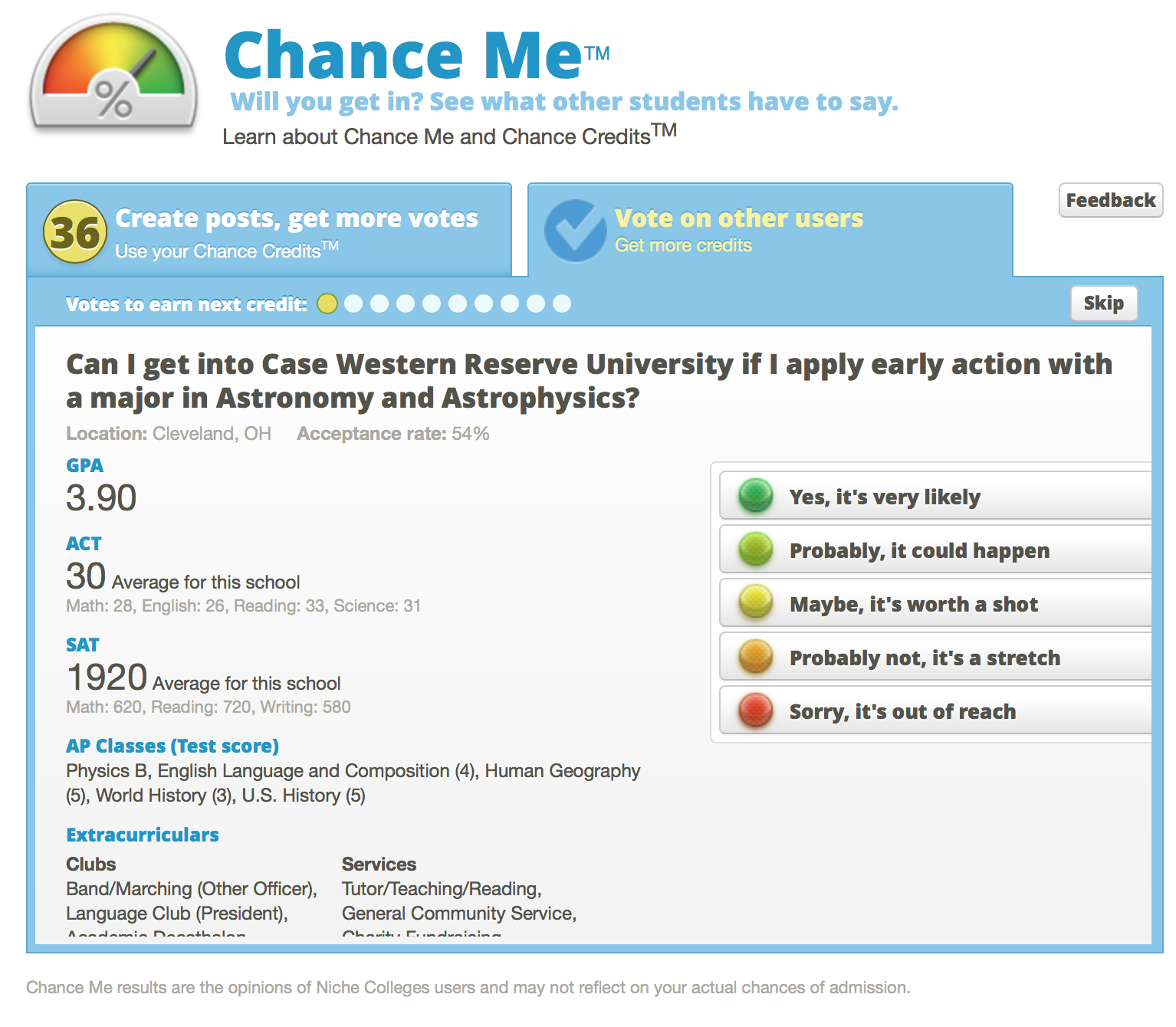Finding relevant scholarships can be a challenge; anyone who’s spent more than five minutes searching for one can tell you that. There are numerous scholarship search websites that boast about having millions of scholarships worth billions of dollars in total and that they’ll match you with the perfect ones just for you, but do they actually work? Are your scholarship matches really individualized? How many of those millions of scholarships can you actually apply for?
To find out, sign up for six of the most popular free scholarship websites. I filled out each profile as thoroughly as possible in order to get the most relevant matches, listing three different majors (journalism, biomedical sciences, and mathematics) for each website, so as to distinguish between a website not having major-specific scholarships and there not being many scholarships for a specific major.
After a week, here, in no particular order, are the results:
Number of Matches: 51
I’d used Fastweb before as a college search engine, but never to search for scholarships. Every time I would open the website, their main page would always boast about their more than 1.5 million scholarships and how their system targets the perfect scholarships for you based on your interests and skills, so I had high expectations. After filling out my profile, I was matched with 49 scholarships, most of which were pretty general. I only found 3 scholarships that correlated with the majors I put in my profile, but most of the others were ones anyone willing to write an essay or create a short video could apply for. These scholarships seem to be based primarily on age, though the ones I was not qualified for based on my profile were eliminated, so I didn’t have to do a lot of voting through. These types of scholarships are great if you do not know what you’re majoring in or you aren’t super passionate about anything, and if you want to apply to a large quantity of scholarships that don’t require pages and pages of essays.
At the end of the week, I had 2 new scholarship matches, so it seems that their website is updated quite often.
Conclusion: While most Fastweb’s scholarships may not be individualized, it is nevertheless a great resource for scholarships, especially for those who don’t know their major.
Number of Matches: 39
Cappex is primarily a college search website, and, from what I’m told, is a pretty good one, but it also has a section for scholarships, which sounded very promising. Despite my rather thorough profile, the scholarships I matched with on Cappex weren’t at all individualized; I didn’t find a single one that correlated with the majors I entered in my profile, unless you count the FeetRemedies.com Scholarship on plantar fasciitis for biomedical science. Like Fastweb, it seemed I was matched with scholarships based only on my age, taking nothing else into account. This can actually be a good thing, as I previously explained, but unlike Fastweb, some of the scholarships I matched with I could not apply for because I was simply ineligible for them. Whether it was because I was not a returning college student or a resident of Texas, these scholarships could have been weeded out easily using the information in my profile. The remaining scholarships I was eligible for were of quality, but they could also be found on Fastweb, which had a few more than Cappex did as well.
Conclusion: Although it may be a good college search website, I found it to be a mediocre scholarship search website.
Number of Matches: It’s Complicated
Raise.me is a bit different from your typical scholarship searching website. Instead of matching you with scholarships that you then have to apply for, you are awarded with micro-scholarships from different schools based on your achievements in high school: $500 for each A you get, $200 for having perfect attendance, $10 for every hour you volunteer, and so on. You’ll receive more or less money from an achievement based on the school, as some schools are more focused on community service or extracurricular activities more than others. The most money I received from a school was $70,150 ($17,538 a year) and the least was still $1,455 ($364 a year). It all seems a little too good to be true, and, depending on your preference in schools, it is. Of the 130 schools offering micro-scholarships, most of them are small, liberal arts schools; only 38 schools on the site have over 5000 students, and there aren’t exactly any big name schools. Most of the schools I received micro-scholarships from were from schools I had never heard of in cities I had never heard of. So, while I would definitely give Raise.me a chance, if you know you want to go to a large school or an Ivy League university, it may be best to look elsewhere.
Conclusion: Fantastic for small liberal arts schools and a few large state schools.

Number of Matches: 120
To my complete surprise and excitement, this was the first scholarship search website I visited that actually took my profile into account when matching me with scholarships. The scholarships I was provided with fit not only my majors, but also a few other factors listed in my profile such as my religion and high school activities. While I was matched with a few seemingly random scholarships like the ones for PlumbersStock.com and the Maine Grocers & Food Producers Association, most of them either matched my interests or were just generally geared towards all students my age and only required an essay, both of which are things I want when applying for scholarships.
Conclusion: By providing largely relevant scholarships with varying degrees of difficulty, Scholarships.com is a fantastic resource and lives up to its’ name.
Number of Matches: 194
The College Board website is one many high school students are familiar with in some capacity, mostly from viewing scores for the SAT, the PSAT, and any AP tests, but it also can be used to search for scholarships. Although it matched me with the most scholarships in total, I was not able to apply for many because they were either past the deadline or I was just ineligible. I did, however, get matched with scholarships that were relevant to my major, but not to anything else; it seemed this was the only website that did not take my age and high school status into account when picking scholarships for me. They only provided a few general anyone-in-high-school-can-apply scholarships: most of their scholarships had specific qualifications such as race, religion, and membership to an organization that I did not fulfill, making me wonder why they were presented as options to me in the first place. All that being said, the scholarships specific to the majors I put in my profile were pretty fantastic on a monetary level and, as a whole, not that difficult to apply for.
Conclusion: Can provide one with great scholarships relevant to their major if they are willing to comb through the ones they’re ineligible for.
Number of Matches: 86
When I began looking into different scholarship sites, I had a bunch of people tell me that should sign up for Zinch because they either read an article about it or knew someone who used it. So, sure enough, I typed in Zinch.com and was redirected to a site called Chegg, which specializes in textbook rentals. Thinking I had typed it in wrong, I tried again, but it still came back to Chegg. I soon came to realize that Zinch had been bought out by Chegg in 2011 and their scholarship section had been moved to the last to the last section of the last tab on the homepage. I was curious to see if, despite this major status downgrade, the famed scholarship search engine still lived up to its’ name.
I was matched with scholarships on Chegg based solely on my age and year in school, which at this point I’ve come to expect and appreciate in some ways; however, a little over half of the 86 scholarships I was matched with I was ineligible for. Attached to each scholarship were little tags that showed what aspect of my profile it matched: my age, year in school, or sometimes, my citizenship. These tags only graced 37 of the 86 scholarships I matched with, and the rest I was not eligible for because of my age, year in school, or citizenship. The scholarships I was eligible did have a wide range of participation levels, ranging from collecting peanut butter for a food bank to writing an essay about how collecting peanut butter for a food bank can affect your life. Community service was a common theme among many of the scholarships I matched with, which gave the website a bit of a flair in my opinion, as many of the scholarships I looked through over the week were more about academic achievement.
Conclusion: Not sure it lives up to the glory of its’ original name, but it proved it deserves more than being the last section of the last tab.
WANT TO LEARN MORE ABOUT COLLEGE ADMISSIONS? CHECK OUT THE YGITW BOOK HERE!
LOOKING FOR A HIGH SCHOOL OR COLLEGE INTERNSHIP? APPLY HERE!
PHOTO CREDITS:
https://www.collegeraptor.com/wp/wp-content/uploads/
http://www.flatratefreelancers.com/wp-content/uploads








